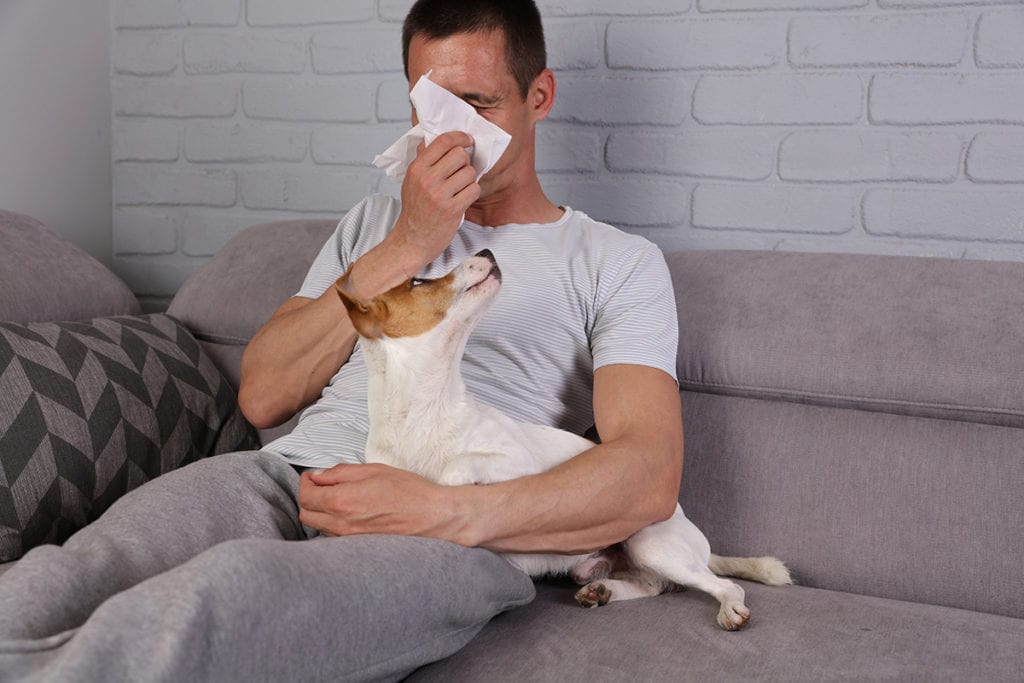Air quality plays a powerful role in an individual’s health and overall quality of life. However, monitoring air quality is not an activity that is restricted to the outdoors. It is vital that indoor air is also followed and that healthy indoor air quality is consistently maintained. As a homeowner, there are many resources available to ensure that you are providing a clean air environment for family and friends who visit your home.
Front-line innovation has supported the development of many products that can assist in establishing a clean air environment at home. Leading companies, like Austin Air, have closely examined and perfected high-tech filtration systems that essentially clean the air, offering residential products like air filtration systems. The precision of these products is impressive, and the benefits are numerous.

AIR PURIFICATION AND HEPA FILTERS
Air purifiers, like those developed by Austin Air, effectively clean the air by taking in air from within the room, removing harmful toxins and particles from that air, and then releasing the ‘purified’ air back into the room. This cycle enables air purification to take place indoors, and it is a process that is commonly used in a number of health facilities, including hospitals.
As reported in reliable medical journals, a properly functioning air purifier is capable of removing 99.97% of particles that are larger than 0.3% microns and 95% of particles that are larger than 0.1 microns. These particles can be allergens, dust, bacteria, viruses, or other harmful irritants that negatively impact air quality, posing a threat to individuals breathing the air in.
One way that these air purification systems achieve the effective removal of harmful irritants is by relying on an advanced technology referred to as HEPA filtration. HEPA is an abbreviation for high-efficiency particulate air, and HEPA filters are vital mechanical devices featured within high-quality air purifiers. A HEPA filter essentially forces air to travel through an extremely fine mesh before being released back into the room. This high-tech mesh is designed to catch specific particles, such as pet dander, dust, pollen, mold, and even cigarette smoke. After the air passes through the fine mesh, the problem-causing particles stick to the filter while the purified air is circulated back into the room.
As reported in reliable medical journals, a properly functioning air purifier is capable of removing 99.97% of particles that are larger than 0.3% microns and 95% of particles that are larger than 0.1 microns.
While most high-performing air purifiers rely on the HEPA filtration system, there are different units designed to target specific air quality issues.
- Homeowners concerned about pet dander can purchase an air purifier equipped to specifically remove pet dander and odors from the air.
- Artists or shop workers who work with a variety of spray products may prefer an air purifier specifically designed to remove chemicals, gases, and formaldehyde from indoor air.
- Parents of young children may be interested in HEPA air filters that target allergens, asthma irritants, viruses, and everyday indoor air pollutants.
Depending on an individual’s unique concerns, selecting a targeted air purifier can assist in relieving specific irritants from indoor air. These advanced systems are capable of lessening the effects of allergies and asthma reactions. They can also strengthen the immune system by removing harmful pollutants from the air. Furthermore, air purifiers can help individuals experience a better night of sleep by reducing the presence of particles that trigger nighttime coughing, snoring, and sneezing.
Investing in a superior air purifier can help homeowners create the excellent level of indoor air quality that their home deserves.